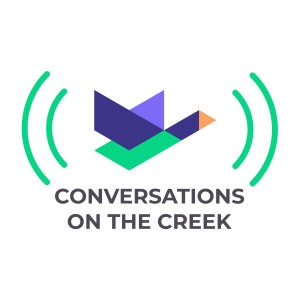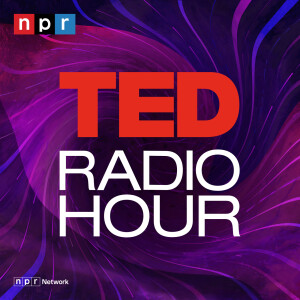

Tech News for November 13, 2025: Microsoft Patch, Rust 1.91.1, IBM’s Quantum Loon, NYTimes OpenAI Order
Microsoft released its November 2025 Patch Tuesday, addressing 63 vulnerabilities, including CVE-2025-62215—a Windows Kernel elevation-of-privilege zero-day already exploited in the wild. The release coincides with the first Windows 10 Extended Security Update, marking a critical transition point for organizations still running the legacy OS.
The Rust team shipped version 1.91.1, a focused point release fixing two regressions: a WebAssembly import module mismatch that could cause linker errors or incorrect runtime bindings, and broken Cargo target-directory locking on illumos (an open-source Unix OS descended from OpenSolaris). The fixes restore correct behavior with a simple rustup update.
In our Weird Bucket, Japan launched LignoSat—a wooden satellite made from magnolia wood—to test how timber survives in orbit and whether wood structures could reduce space junk by burning up cleanly on re-entry.
We provide an extended technical analysis of IBM's experimental "Loon" quantum chip, announced on November 12, 2025. IBM claims Loon demonstrates the building blocks for fault-tolerant quantum computing by 2029, featuring multi-layer routing, long-range tunable couplers, fast qubit resets, and sub-480-nanosecond error decoding. We explain low-density parity-check (LDPC) error correction, tunable couplers, and why IBM hasn't disclosed physical coherence times or logical error rates—and what to watch for next as the field moves toward apples-to-apples comparisons with competitors like Google's Willow chip.
Finally, we examine the legal battle between The New York Times and OpenAI over a court order requiring preservation of millions of ChatGPT conversation logs. We break down the SDNY case details, quote directly from Magistrate Judge Ona T. Wang's May 13, 2025, preservation order, explain DMCA §1202 copyright-management information claims, and analyze the privacy implications—drawing parallels to the 2006 AOL search-log leak that exposed intimate details of real users' lives despite "anonymization."
Links News- Microsoft November 2025 Patch Tuesday fixes 1 zero-day, 63 flaws
- Announcing Rust 1.91.1
- Japan's wooden satellite "LignoSat" heads to space
- OpenAI fights order to turn over millions of ChatGPT conversations
- Anthropic to invest $50 billion to build data centers in US
- IBM says 'Loon' chip shows path to useful quantum computers by 2029
- Synopsys plans 10% job cuts after Ansys deal closure
- IBM press release: Nighthawk & Loon processors; decoder latency <480 ns; 300mm fab
- IBM blog: decoder latency and QDC context
- The Next Platform analysis (Nov 12, 2025)
- Text of 17 U.S.C. §1202 (DMCA CMI provisions)
- Ars Technica on the discovery order scope and privacy (Nov 2025)
- OpenAI's response to The New York Times' data demands
- Reuters follow-up on appeal to preservation order (June 6, 2025)
- The New York Times: "A Face Is Exposed for AOL Searcher No. 4417749" (Aug 9, 2006)
More Episodes
All Episodes>>Create Your Podcast In Minutes
- Full-featured podcast site
- Unlimited storage and bandwidth
- Comprehensive podcast stats
- Distribute to Apple Podcasts, Spotify, and more
- Make money with your podcast












